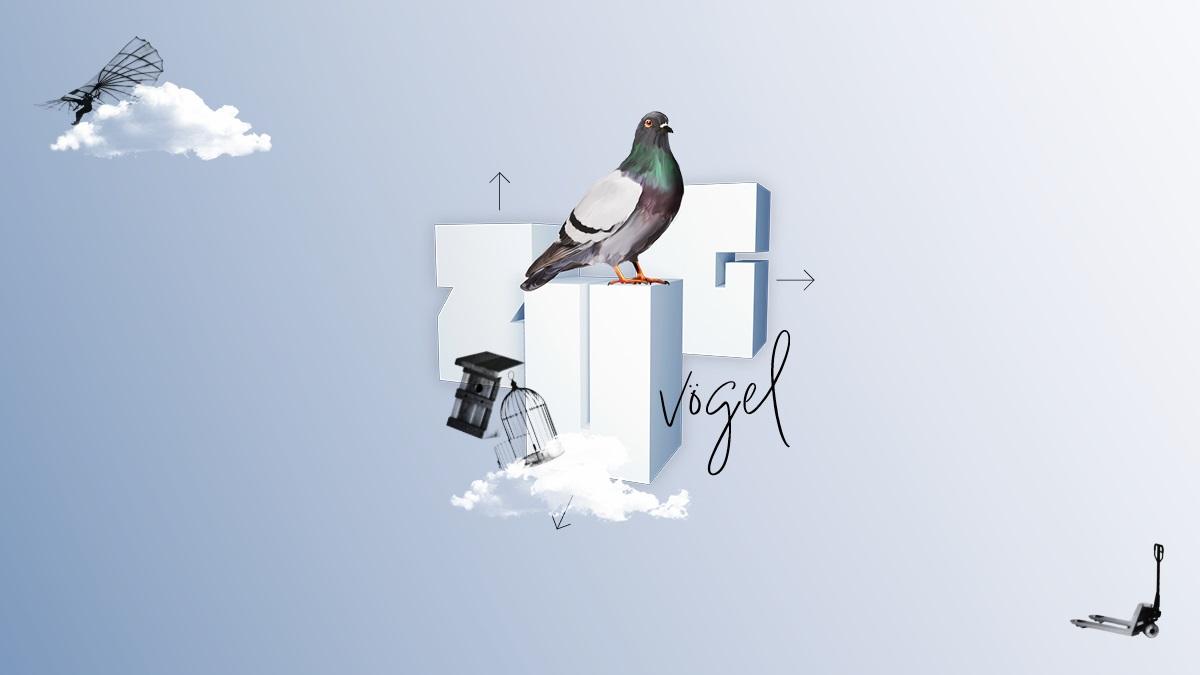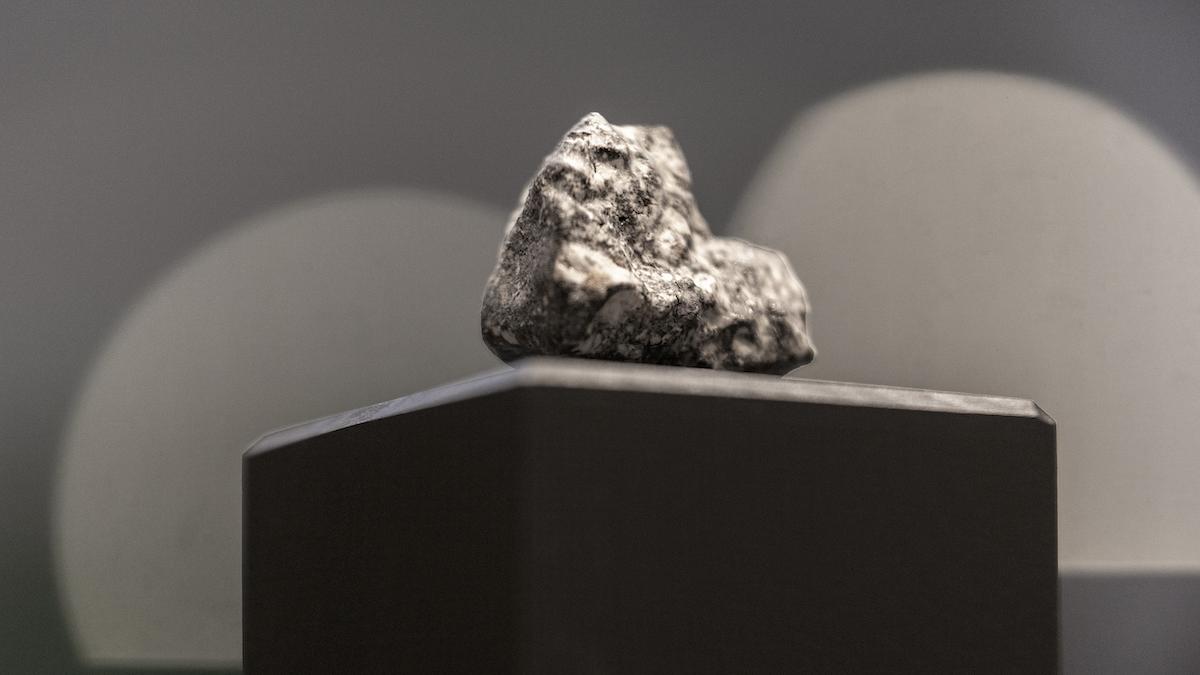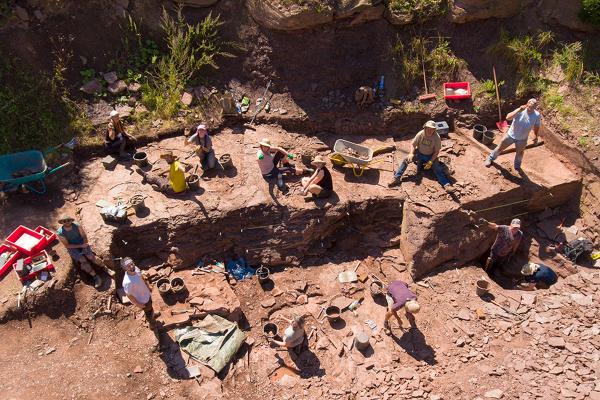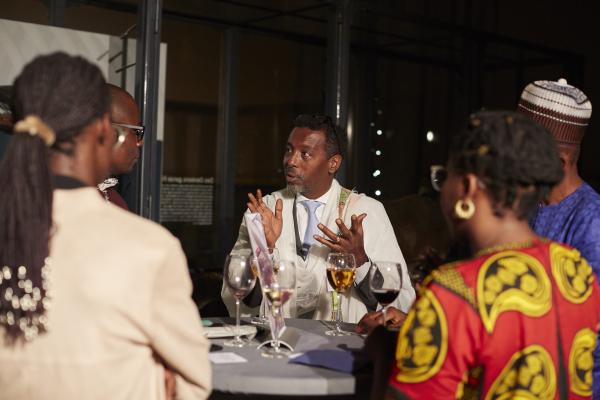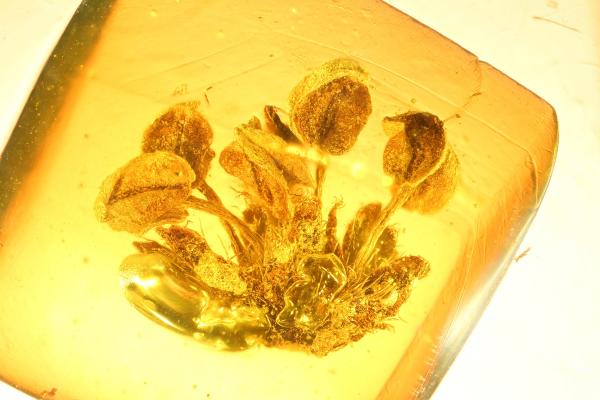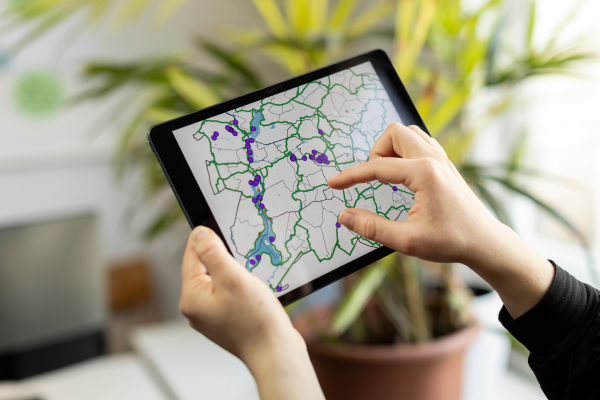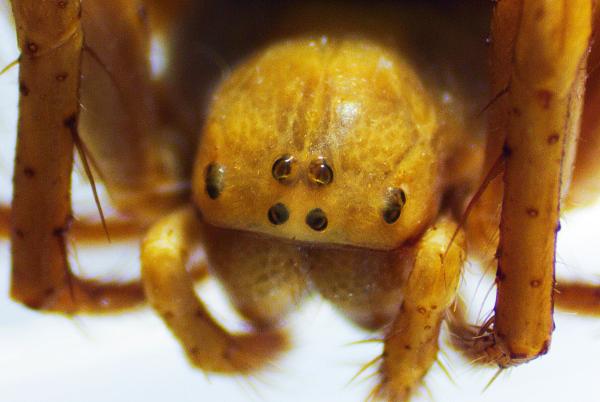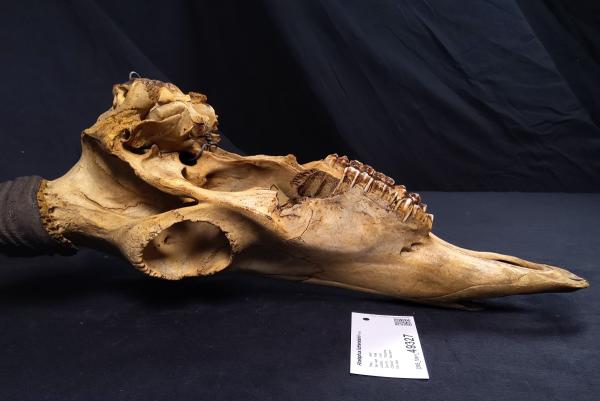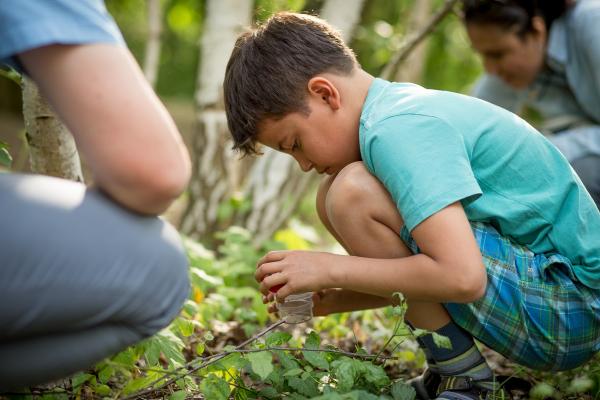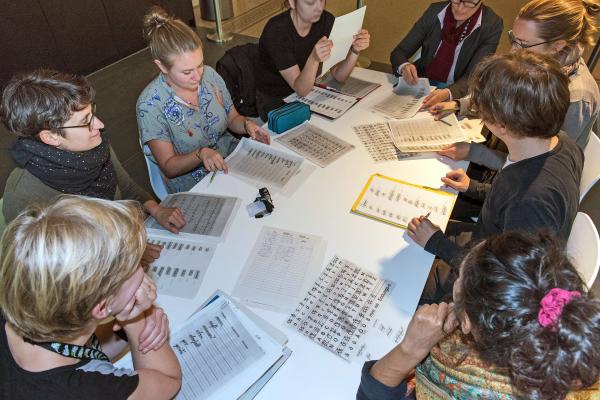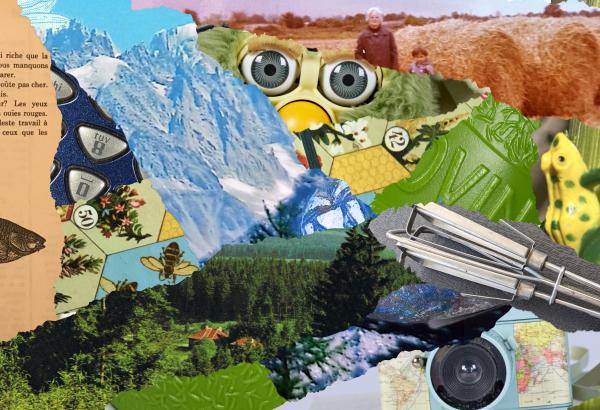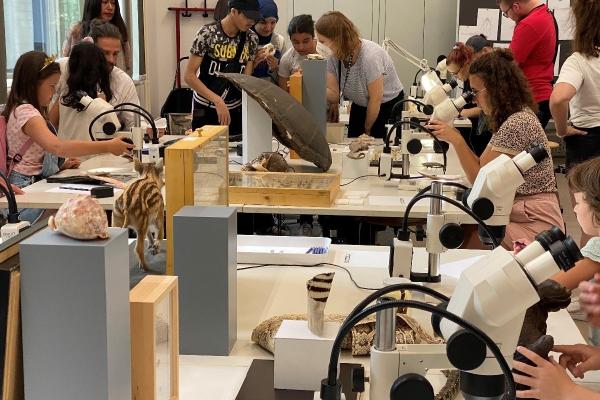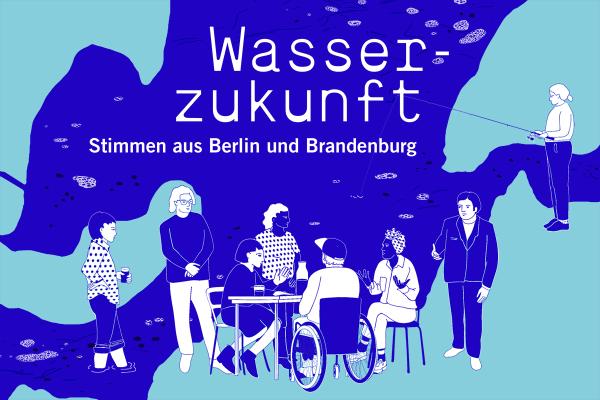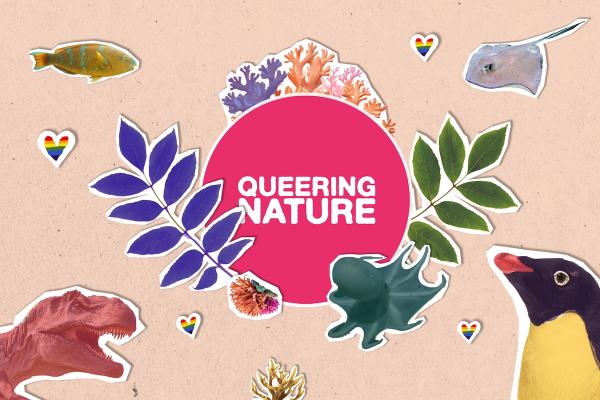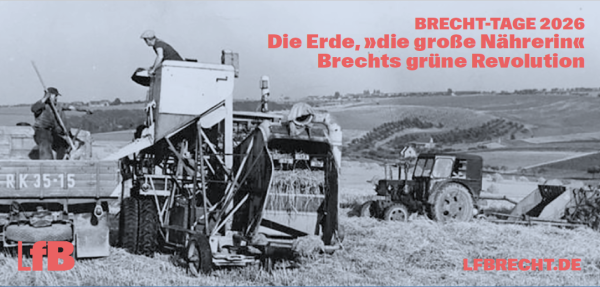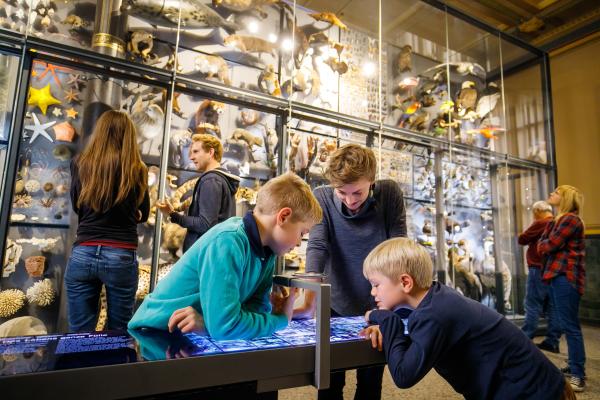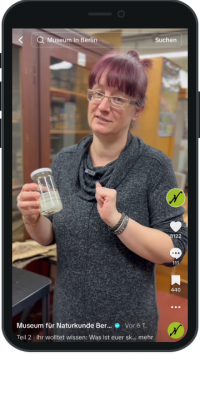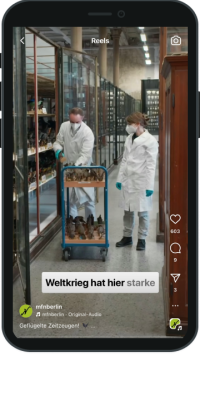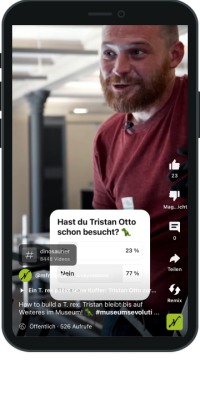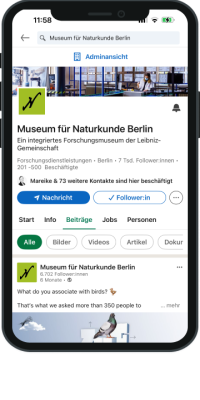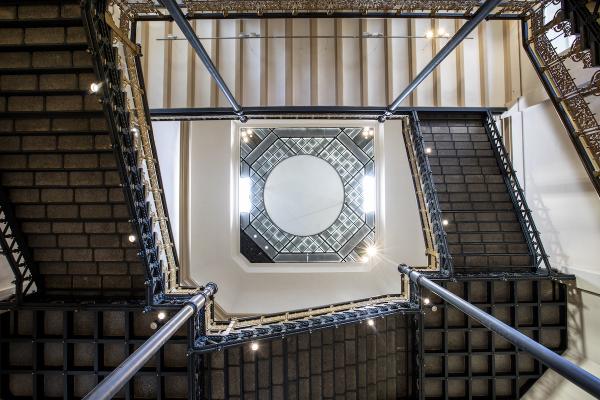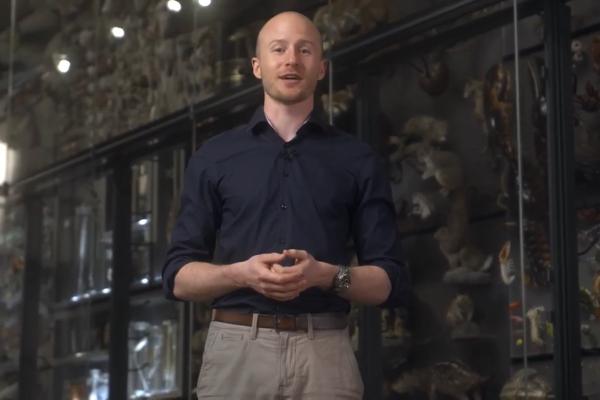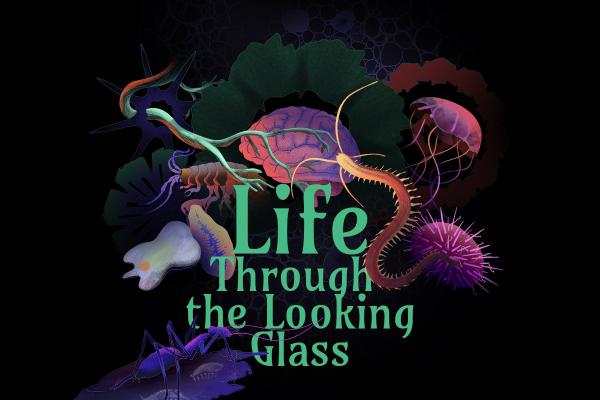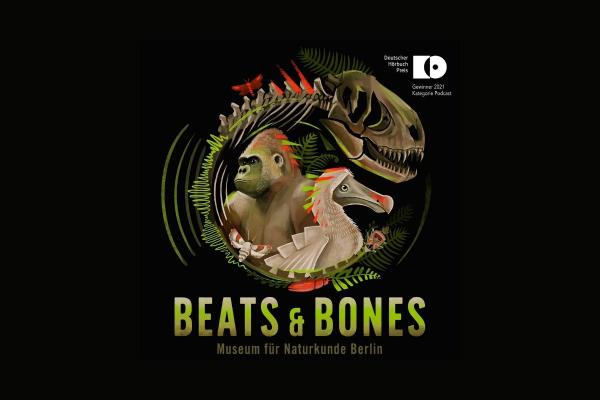Museum für Naturkunde Startseite
Welcome to Museum für Naturkunde Berlin
Our mission is to discover and describe life and earth – with people, through dialogue. We want to engage with and influence the scientific and societal discourse about the future of our planet, worldwide.
Learn more about the museum, our research, and our plan for the future.
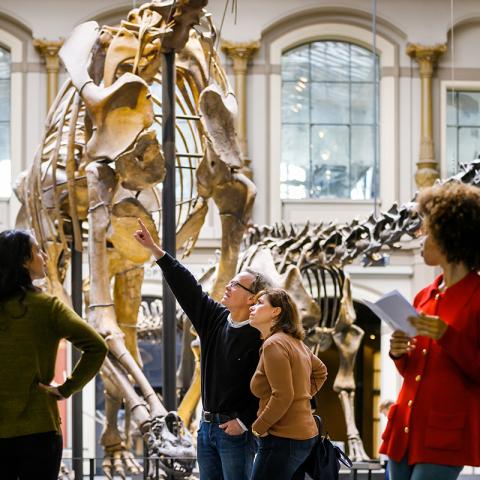
Integrated research museum
Read all press releases and other news
Participate
Create new knowledge with us.
Fossilized diversity
The globally unique fossil site Bromacker in the Thuringian Forest provides insights into a geological era when early tetrapods lived on the supercontinent Pangaea – millions of years before the dinosaurs. Together with research partners in Thuringia, the Museum für Naturkunde Berlin is assembling the fossil puzzle pieces in order to reconstruct a comprehensive picture of a prehistoric ecosystem.
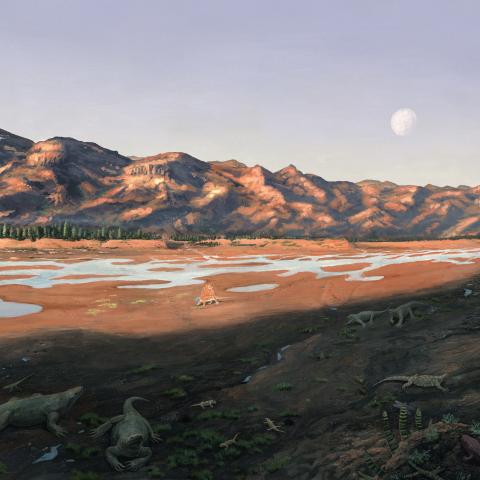
Our events
Follow us
Get the latest news about the exhibition, collection, and research at the museum.
What digestion leaves behind
It looks like a stone, but it is fossilised faeces. Arnaud Rebillard researches (un)digested remains of vertebrates found at Bromacker. His research makes it possible to reconstruct entire ecosystems.
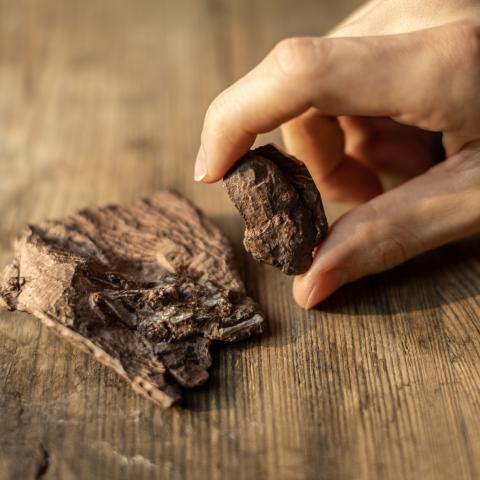
Digital experience
Experience the Museum für Naturkunde Berlin at your home.
Get in touch
Children’s birthday parties
Plan and book your children's birthday party with our team.
Guided tours
Book one of our guided tours with various themes for children from age 5 onwards, for teenagers and adults.
Educational offerings
Choose from a variety of digital offerings, guided tours, workshops and materials for school and kindergarten groups.
Jobs
Join our team in the scientific, technical or administrative units.
Press releases
Use our information and materials for the press and contact us for further information.
Location rental
Rent our exhibition galleries with their unique atmosphere for your event.
